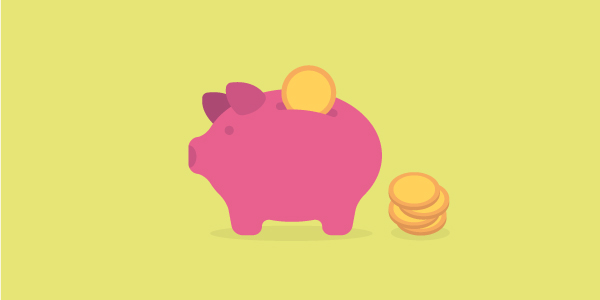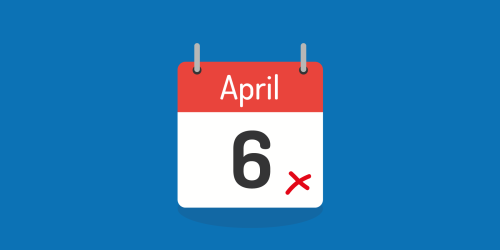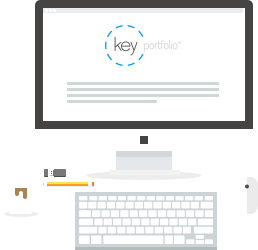The new tax year and your take-home pay
3 minutes to read

The new tax year starts on 6th April and as always it brings a few changes that will affect your take-home pay. Let’s take a look at what this might mean for you.
The changes for 2019/20 are:
- The basic tax-free personal allowance will rise from £11,850 to £12,500. For many of us, this means a new tax code. For example, if yours is 1185L, it will become 1250L…
- …unless you’re in Wales, that is. If you’re a Welsh taxpayer, you’ll now have a ‘C’ stuck onto the front of your tax code. This allows the Welsh government to vary the rate of income tax for those living in Wales, should they wish to – although it’s staying the same as England and Northern Ireland for this year at least.
- In England, Wales and Northern Ireland, you’ll pay basic rate tax (20%) on earnings up to £37,500 (up from £34,500 last year) over your personal allowance. For most of us, this means paying 20% on earnings up to £50,000 (i.e. £37,500 + the £12,500 personal allowance).
- In England, Wales and Northern Ireland, you will pay higher rate tax (40%) on earnings between £34,501 and £150,000 over your personal allowance.
- Scotland has a different system. Up here there are six income tax bands, some of which shift slightly this year.
- Student Loan repayments for those on Plan 1 will be calculated as a percentage of any earnings over £18,935 (up from £18,330 last year). For those on Plan 2, repayments will be calculated on earnings over £25,725 (up from £25,000 last year). Learn more: am I Plan 1 or Plan 2?
- This is a significant one – if you’re in an automatic enrolment pension scheme, minimum contributions rise to 5% for employees (up from 3% last year) and 3% for employers (up from 2% last year). The government hasn’t announced any further increases after this.
- Contributions will be calculated on your pensionable earnings between £6,136 and £50,000 (last year it was between £6,032 and £46,350).
- The first Postgraduate Loans granted in England and Wales become repayable this April. The repayment threshold is £21,000 (or £404 per week) and loans will be repaid at a rate of 6% on everything above this threshold.
How does this affect my pay?
Each of these changes affect take-home pay in different ways.
Going up…?
Most people will pay £130 less tax this year, thanks to the higher tax-free personal allowance.
For anybody paying off a Student Loan, each repayment will be lower.
Going down…?
If you’re in an automatic enrolment pension scheme, your contributions will be higher. But of course, this money goes straight into your pension pot for when you retire. Learn more about your pension in our support centre.
If you’ve got a Postgraduate Loan to start repaying this year, the repayments will leave you with a lower take-home pay (but a smaller outstanding balance on your loan).
The bottom line
These factors will balance out differently for each person, with the overall impact depending on your income level, where you live and whether or not you’re in an automatic enrolment pension scheme. If your take-home pay goes down, it’s most likely because you’re saving more for your retirement.
The new tax year happens around Easter, when many people take a break from work. It’s worth noting that if you’re on a cumulative tax code, your first payment after the holiday may be higher than usual.



